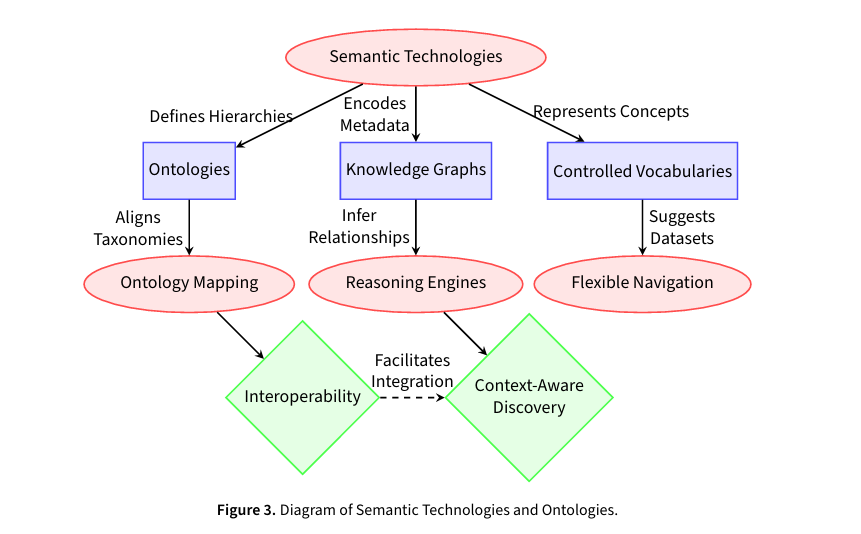Optimizing Metadata Management, Discovery, and Governance Across Organizational Data Resources Using Artificial Intelligence
Keywords:
AI-driven metadata management, compliance automation, data governance, knowledge graphs, metadata enrichment, semantic technologies, structured data.Abstract
In modern organizations, ensuring the effective discovery, governance, and compliance of large, heterogeneous data ecosystems has become very challenging. The data assets can be structured, semi-structured, or unstructured in nature and are spread over a variety of repositories and platforms. Traditional metadata frameworks based on static schemas, predefined taxonomies, and manual curation become, therefore, often inadequate to the fast-changing vocabularies, business priorities, and regulatory requirements that characterise modern organisations. These limitations impede comprehensive data discovery, semantic clarity, and effective lineage tracking, thereby constraining organizational agility and analytical efficiency. Artificial intelligence carries transformative potential in dealing with the complexities of metadata management; machine learning techniques, in particular, enable automation for metadata extraction, classification, and enrichment by discovering patterns and semantic relationships from data assets themselves. Semantic technologies, such as ontologies and knowledge graphs, offer harmonization of heterogeneous taxonomies, interoperability, and improved contextual understanding through mechanisms for reasoning and inference. Graph-based approaches further increase metadata integration by interlinking related entities, capturing data lineage, and providing advanced search and discovery capabilities. Similarly, the mechanized intelligent discovery mechanisms will NLP-enhance user interaction with metadata—this includes clustering, and recommendation systems. Thus, data assets can be availed in a manner of retrieval that is sensitive to context, smoothing workflow discoveries, and suggesting custom slants in line with the analytical goals. Meantime, AI-driven governance mechanisms ensure that regulatory compliance through automated policy enforcement, metadata auditing, and quality control mitigates the risks around data usage and privacy. The application of AI to metadata management requires scalable, modular system architectures, integration with legacy platforms, and rigorous evaluation through performance metrics. Future developments in Explainable AI, multimodal analysis, and standardized ontologies hold the promise of improving semantic representations and enabling adaptive metadata ecosystems. This is how the dynamic and contextually enriched source that metadata becomes through the application of AI-driven approaches enables organizations to master even the most intricate data environments, drive innovation, inform decision-making, and comply with regulations in a meaningful way.
